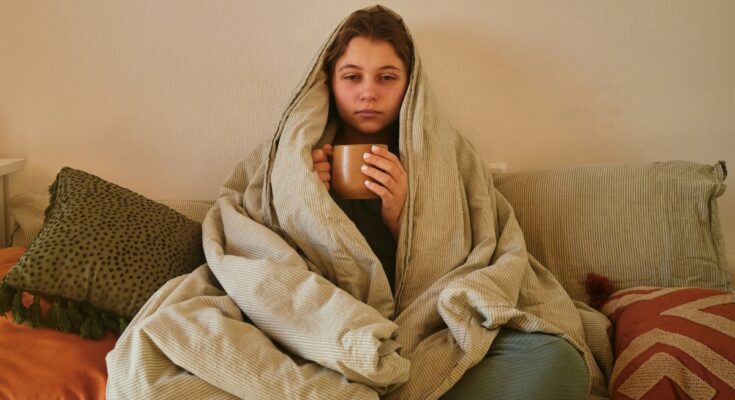Shorter days, lack of light, colder temperatures… For many people, the transition to autumn/winter, and especially the time change, equates to seasonal depression – also called seasonal affective disorder (SAD). It is characterized by poor mood, lethargy, reduced pleasure, and excessive sleepiness.
Although this disorder can affect anyone, you should know that women are four times more likely to suffer from SAD than men. It is thought that many other people also suffer from the disease, in a milder form called “winter blues”. In an article in the Washington Post, the man who discovered seasonal depression in 1984, Norman Rosenthal, gave his advice for dealing with it.
Treatment with light therapy
“If you’re one of those people who really feels and feels bad, you’re not alone and there are lots of things you can do to cope.», said a psychiatrist at Georgetown University School of Medicine, Washington (United States).
Researchers believe that winter depression is caused by reduced sunlight, which can put our internal circadian rhythm out of sync with the natural light cycle outdoors.
At the same time, light stimulates and improves mood; Special photoreceptors in our retinas are directly connected to areas of the brain associated with mood. Research also shows that levels of serotonin and dopamine, neurotransmitters involved in mood regulation, vary seasonally.
Therefore, to combat seasonal depression, we must shed more light on any deficiencies. The standard treatment is light therapy, using special lamps that produce at least 10,000 lux – conventional indoor lights are generally less than 1,000 lux, while direct sunlight can reach around 100,000 lux.
According to a 2015 study, light therapy was effective in improving mood and reducing symptoms of seasonal affective disorder in about 64% of patients. Although symptoms of seasonal affective disorder usually peak in January and February, symptoms can vary from person to person. Therefore, specialist doctors recommend paying attention to how you feel as soon as autumn/winter arrives.



